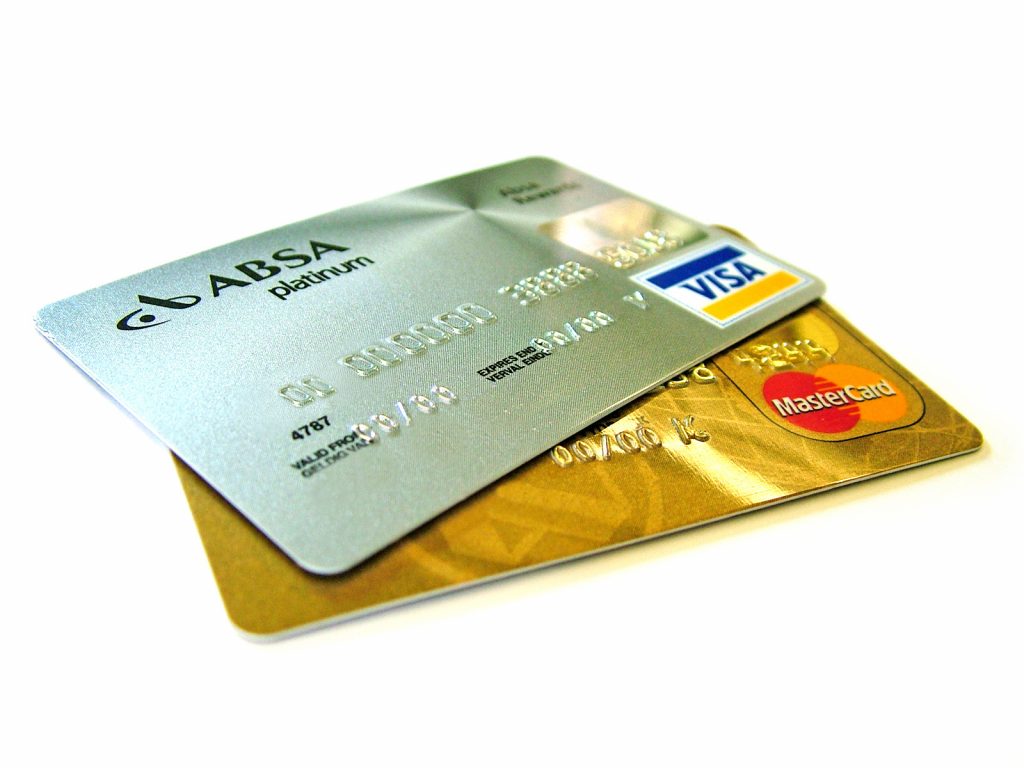Black Friday, the busiest shopping day of the year, is just around the corner. While many shoppers flock to physical stores to grab the best Black Friday deals, a growing number of people are turning to online shopping to avoid the chaos. However, the convenience of online shopping also comes with its own set of risks, including cyber threats. To ensure your Black Friday shopping spree is safe and enjoyable, we’ve compiled a list of online security tips to protect your personal and financial information.
1. Use Secure Websites
When hunting for Black Friday deals, make sure you’re shopping on reputable and secure websites. Look for websites with “https://” in the URL and a padlock icon in the address bar, indicating that the site is using SSL (Secure Sockets Layer) encryption to protect your data. Avoid websites with unfamiliar domain names or those that look suspicious. Stick to well-known retailers and marketplaces to minimize the risk of falling victim to scams.
2. Keep Software Updated
One of the simplest yet most effective ways to enhance your online security is to keep your device’s operating system and software up to date. Regular updates often include patches for known security vulnerabilities, ensuring that your computer or smartphone remains protected against the latest threats. Be sure to enable automatic updates for your operating system and other software applications.
3. Use Strong Passwords

Your password is your first line of defence against cybercriminals. Ensure that you’re using strong, unique passwords for each of your online shopping accounts. A strong password typically consists of a combination of upper and lower-case letters, numbers, and special characters. Consider using a password manager to generate and store complex passwords securely.
4. Enable Two-Factor Authentication
Two-factor authentication adds an extra layer of security to your online shopping accounts. It requires you to provide a second form of verification, such as a text message or a one-time code, in addition to your password. Enable 2FA whenever possible, as it makes it much more difficult for cybercriminals to gain unauthorized access to your accounts.
5. Beware of Phishing Scams
Cybercriminals often take advantage of the holiday shopping season to launch phishing scams. Be cautious when receiving unsolicited emails, messages, or pop-up ads. Phishers use various tactics to trick you into revealing personal or financial information. Double-check the sender’s email address, and never click on suspicious links or download attachments from unknown sources.
6. Shop with Credit Cards

Using a credit card for online shopping offers an added layer of protection compared to using a debit card. Credit cards typically have stronger fraud protection policies in place, and if your information is compromised, you’re less likely to experience direct losses. Be sure to regularly review your credit card statements for any unauthorized charges.
7. Be Wary of Public Wi-Fi
Public Wi-Fi networks are convenient but often less secure. Avoid making online purchases while connected to public Wi-Fi, as cybercriminals can easily intercept your data on these networks. If you must shop on the go, consider using a virtual private network (VPN) to encrypt your internet connection and protect your data from prying eyes.
8. Monitor Your Accounts
Frequent monitoring of your online shopping accounts and bank statements is crucial for identifying any suspicious activity. If you notice any unauthorised charges or strange transactions, contact your bank or the retailer immediately. The sooner you report an issue, the quicker it can be resolved.
9. Check for Secure Checkout
Before completing your online purchase, ensure that the retailer’s checkout process is secure. You should see “https://” in the checkout URL, and the website should display a padlock icon. Never enter your payment information on a non-secure page, and be cautious of online stores that don’t use a trusted payment gateway.
10. Avoid Oversharing on Social Media

While it’s exciting to share your Black Friday finds on social media, be cautious about the information you reveal. Avoid posting pictures of your receipts, credit cards, or personal details. Cybercriminals may use this information to target you with scams or identity theft attempts.
As you gear up for the Black Friday shopping frenzy, remember that online security is just as important as finding the best deals. By following these online security tips, you can shop with confidence, knowing that you’ve taken steps to protect your personal and financial information. With a little vigilance and preparation, you can make the most of Black Friday without compromising your safety. Happy shopping!



